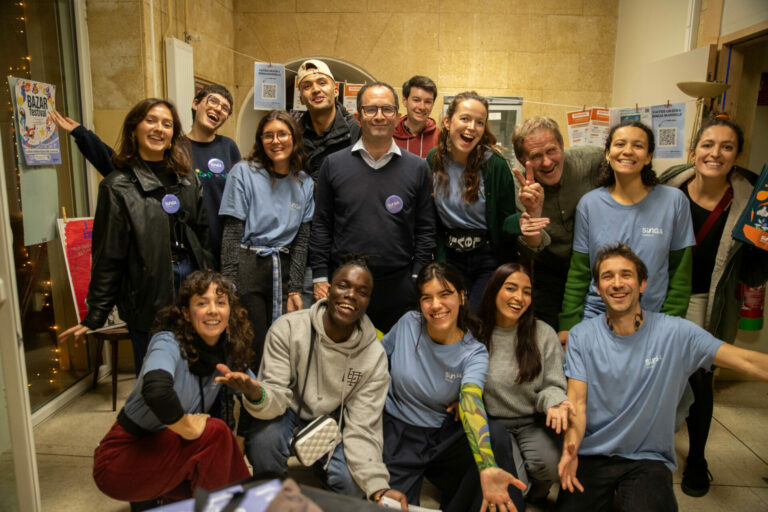- About
- SINGA in the world
- Entrepreneurship
- Intercultural encounters
- Training and information
Asylum and Immigration law : one year later, dramatic consequences and growing concern
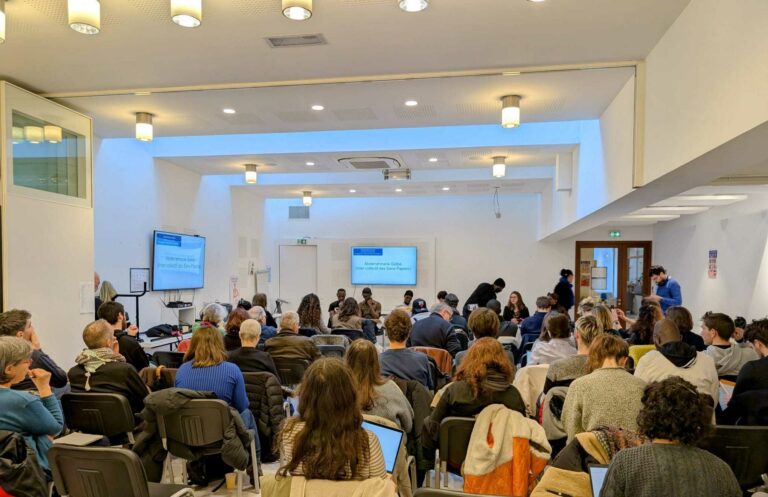
One year ago, the Asylum and Immigration Law was passed, triggering a wave of protests across France and marking an ideological victory for the far right. Enacted in January 2024, this law continues to raise serious concerns among organizations advocating for inclusion. On January 28, during a press conference, around forty NGOs and associations, including SINGA, presented an initial assessment : stricter migration policies, violations of immigrants’ rights, and worrying repercussions for society as a whole.
“As expected, the situation for foreigners has worsened, but those responsible are never satisfied and are already calling for a new law—as if to confirm that their goal is not the effectiveness of the law but rather using migration as a scapegoat for all of French society’s failures. It’s disgraceful,” stated Benoît Hamon, CEO of SINGA Global.
Dramatic consequences for immigrants’ lives
While the full impact of the law has yet to be measured, its initial effects on immigrants’ lives are already severe.
Here are just a few examples (see our full analysis of the law here):
- People who arrived in France before the age of 13, those with a French spouse, and parents of French children are no longer guaranteed protection from deportation. The law has expanded deportation criteria and removed previously guaranteed protections.
- Authorities can now invoke the vague and legally undefined concept of a “threat to public order” to justify deportations. This has led to the expulsion of well-integrated individuals with deep family and social ties in France. A striking example: A Ukrainian man who arrived in France at the age of eight was deported to Ukraine after 24 years of living in the country. His deportation was justified by this “threat to public order.”
- A minimum A2-level diploma in French is now required for a residence permit, and a B1-level diploma for a permanent residency card. While many people speak French fluently, the requirement for written proficiency excludes a large number of applicants. According to the government’s impact study cited in our report, the A2 language requirement could prevent 20,000 people from obtaining legal status each year.
French language training programs are insufficient to meet these new requirements, and budget cuts further restrict access. Instead of fostering inclusion, language is being used as a tool for exclusion.
“We were told this was about ‘controlling immigration and improving integration.’ But where is the integration? Where is the funding for French courses, access to jobs, and support for associations working on the ground every day? We hear speeches that are completely disconnected from reality, perpetuating a false image of migration and those who experience it. This makes our work even more difficult,” said Camila Rios Armas, President of SINGA Paris.
The Retailleau circular, birthright citizenship in Mayotte, and AME : alarming developments
On Thursday, January 23, Bruno Retailleau introduced a new circular replacing Manuel Valls’ 2012 directive, further tightening the rules for obtaining exceptional residence permits for undocumented immigrants. This mechanism, known as “admission exceptionnelle au séjour” (AES), is crucial for many undocumented workers in France hoping to gain legal status.
Key facts : Even under the Valls circular, regularization was rare, with only 34,724 people gaining legal status in 2023, including just 11,525 for professional reasons—about 10% of all cases.
Now, for immigrants working outside so-called “high-demand” sectors, the required duration of residence before applying for legal status has increased from 5 to 7 years. This change is already raising concerns, particularly among employers in the hospitality industry, where many employees awaiting regularization play an essential role in business operations.
French language requirements have also been tightened : while the Valls circular only required basic oral proficiency, the Retailleau circular now mandates an official diploma or language certification.
These changes come on top of other reckless policies, such as challenging birthright citizenship in Mayotte and increasing pressure on State Medical Aid (AME), threatening immigrants’ access to healthcare.
A suffocating climate and a total disconnect from France’s real needs
Amid rising hateful rhetoric and these absurd repressive policies, SINGA is calling for a radical shift. Even as the MEDEF (France’s largest employers’ organization) estimates a shortfall of 3.9 million workers by 2050, these policies completely ignore the real needs of society and the individuals affected.
SINGA and organizations advocating for inclusion demand :
- Broad and lasting regularization enshrined in law to ensure dignified living conditions and reduce arbitrary administrative decisions;
- Massive investments in inclusion, particularly in language learning, job access, and long-term housing solutions;
- Policies based on proven inclusive models, like Spain’s, to ensure long-term inclusion that benefits everyone.
>To find our press release and the explanatory document
>To stay informed : LINK
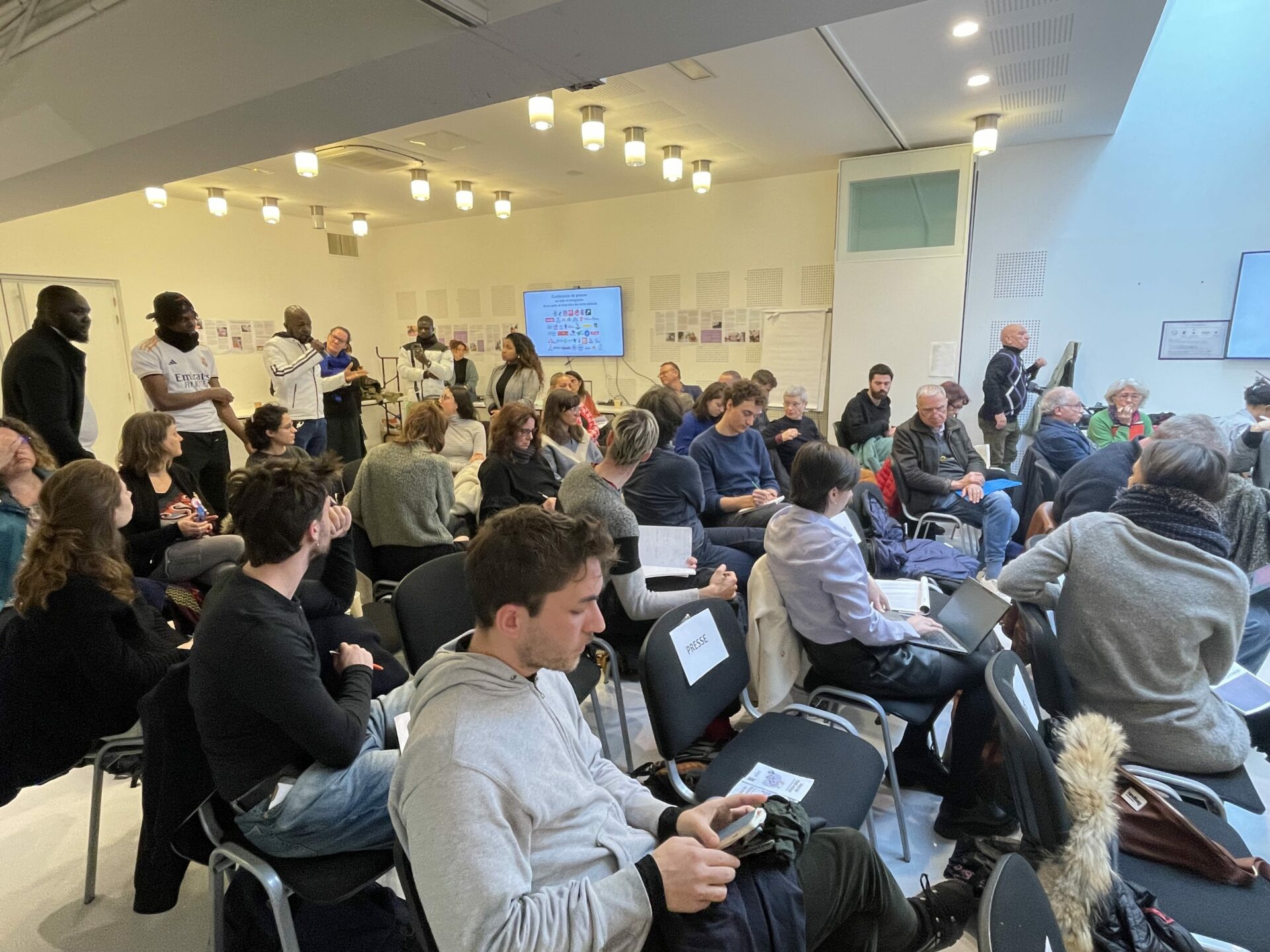
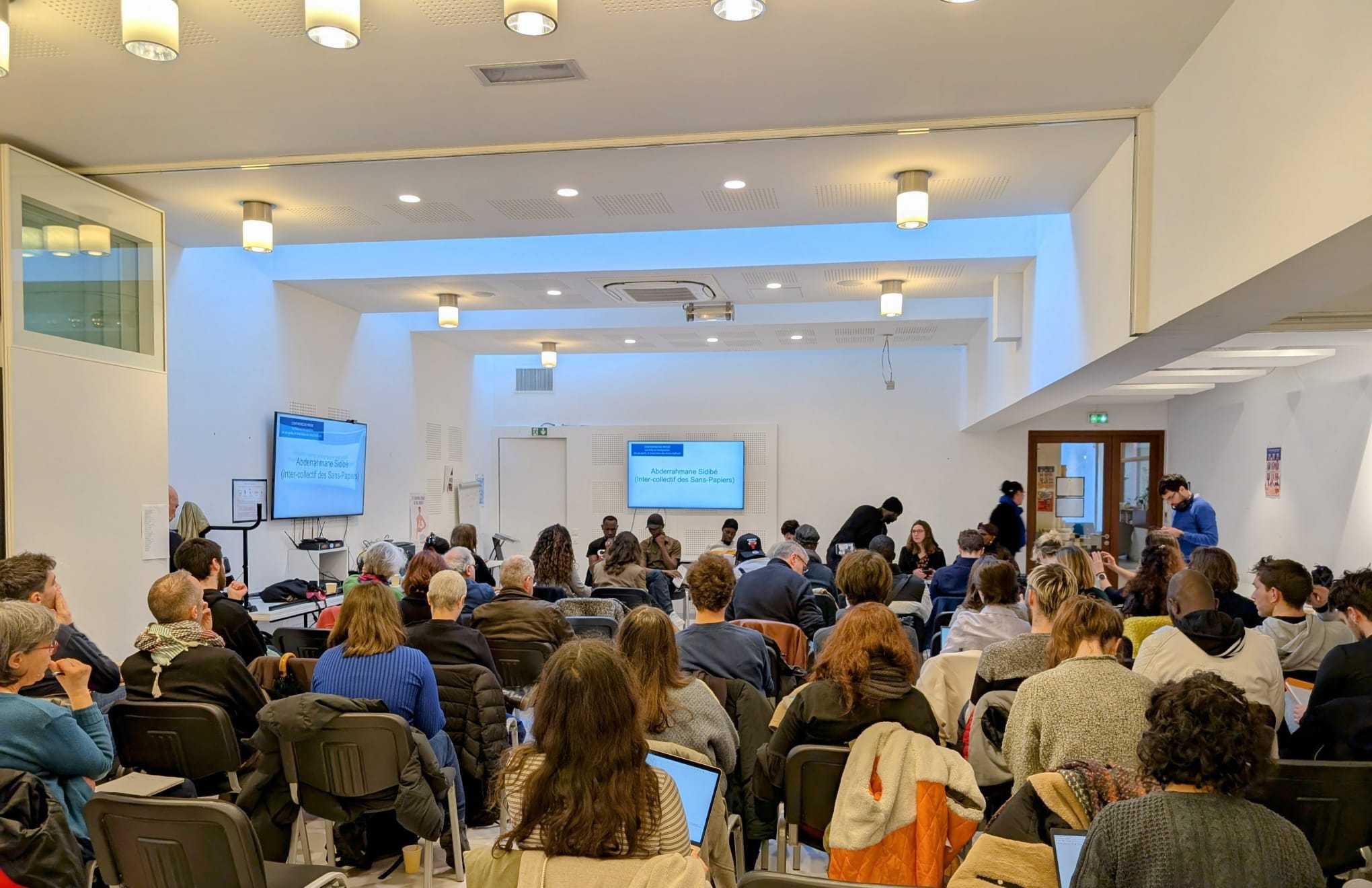
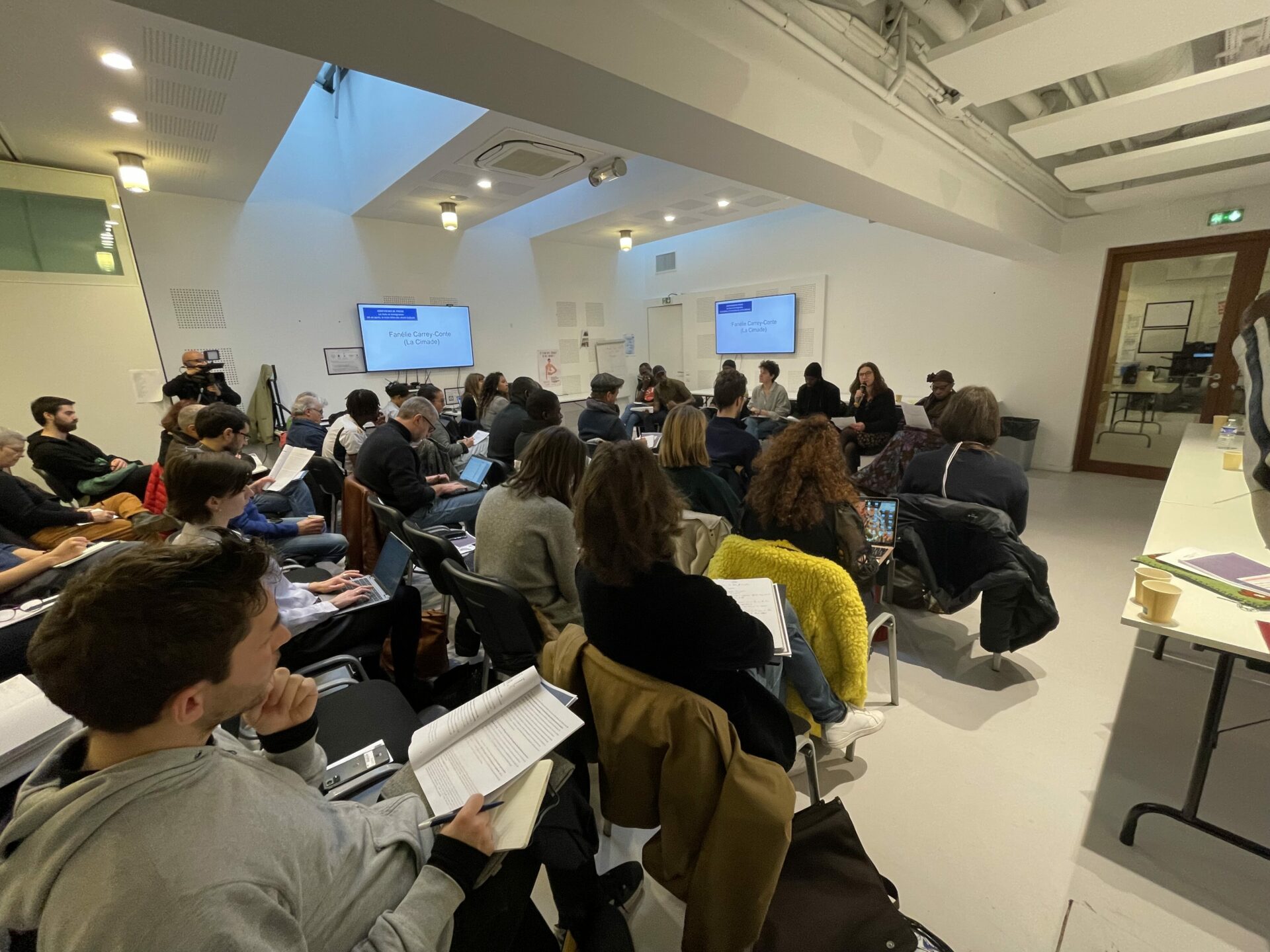
Latest news
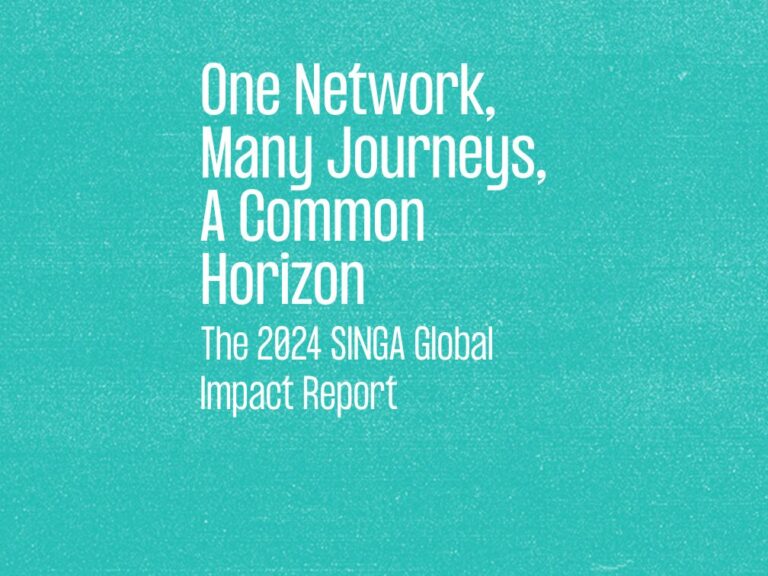
Measuring inclusion without reducing it: SINGA publishes its first impact report

Entrepreneurship with SINGA in 2026: applications are now open throughout France
